Are We Seeing the Death of Popular Culture?
The idea for this discussion came from a simple observation.
I was in the pub with Sue the other day, and the jukebox was playing Iron Maiden, Fleetwood Mac, Black Sabbath, and Blackmore’s Night. For me, it was bliss – like a personalised playlist in public. But here’s the thing: this wasn’t a pub full of people my age.
At one point, Fleetwood Mac’s The Chain came on, and I noticed a young couple in their mid-20s sitting nearby. The guy just stopped, beer in hand, completely lost in the music. This song was released long before he was born, yet it clearly resonated deeply with him.
It got me thinking. Is this normal now? And more importantly – is this a sign that popular culture as we once knew it might be fading?
Then vs. Now – A Shift in Cultural Memory
Back in the pre-internet days, “greatest albums of all time” lists were heavily influenced by the present. If a groundbreaking album had just come out, it would make the list alongside the classics. Over time, new music replaced old in the public imagination, with a few exceptions.
But today? Not so much.
If Kerrang! or Classic Rock compiled a “Top 100 Rock Albums” list now, it would look more like their late 80s version than their 90s lists. The same classic names dominate: Pink Floyd, Queen, Fleetwood Mac, Led Zeppelin.
And it’s not just in lists. According to The Atlantic, old songs made up 70% of the US music market in 2022. In the UK, Sony says “catalogue” music – essentially back catalogue – now accounts for 50% of album sales. In July 2025’s Music Week Top Albums chart, Fleetwood Mac appeared twice, alongside Elton John, ABBA, Michael Jackson, Queen, Billy Joel, The Beatles, George Michael, and Elvis Presley.
This would have been unthinkable in the 70s or 80s when charts reflected current touring bands and new releases.
Nostalgia as the New Normal
Nostalgia is more than just an emotional comfort – it’s big business. Record companies that have paid millions for legacy catalogues want returns on their investment, so we hear more and more of it in films, TV shows, and adverts.
Think about Running Up That Hill becoming a global hit again thanks to Stranger Things. Deep Purple’s Child in Time is set to appear in the next season of the same show. As a lifelong Deep Purple fan, I’m thrilled – but I can’t help wondering: couldn’t they have chosen a great track from a newer rock band?
Imagine a TV series in the 80s using a pop song from the 1920s. It wouldn’t have happened.
The Struggle for New Artists
Here’s the crux of it – all this nostalgia makes it harder for new artists to break through.
In the 70s, a band might get three albums to find their sound and audience. Today, you have to arrive fully formed, with a social media following and instant streaming numbers. There’s little time for growth.
And while today’s “fragmented” culture lets everyone curate their own playlists, it also means there’s less shared cultural experience. The monoculture – where everyone knew the same songs – has splintered into micro-scenes.
For younger fans, there’s no real distinction between old and new music anymore. For me, as a teenager, pre-1970 music felt ancient. I wanted my own bands and my own generation’s sound. That generational shift seems to have stalled.
Comfort or Creative Cage?
So, are we stuck in a loop of half-remembered memories, replaying the past while creativity struggles to break free?
For me, nostalgia is comforting, but it can also limit us if we don’t make space for the new. I get approached by plenty of exciting up-and-coming bands, but the algorithms push back, telling me “stick to the Stones or Floyd and you’ll get views.”
It’s a balancing act – celebrating the past while nurturing the future.
So I’ll end with a question:
Are we witnessing the slow death of popular culture – a culture that’s always looking backwards – or are we simply in a new phase where the past and present coexist in our playlists?
What’s playing in your local café, pub, or shop?
Is it all songs you already know from decades ago?
And if so… is that a problem?
Phil Aston | Now Spinning Magazine


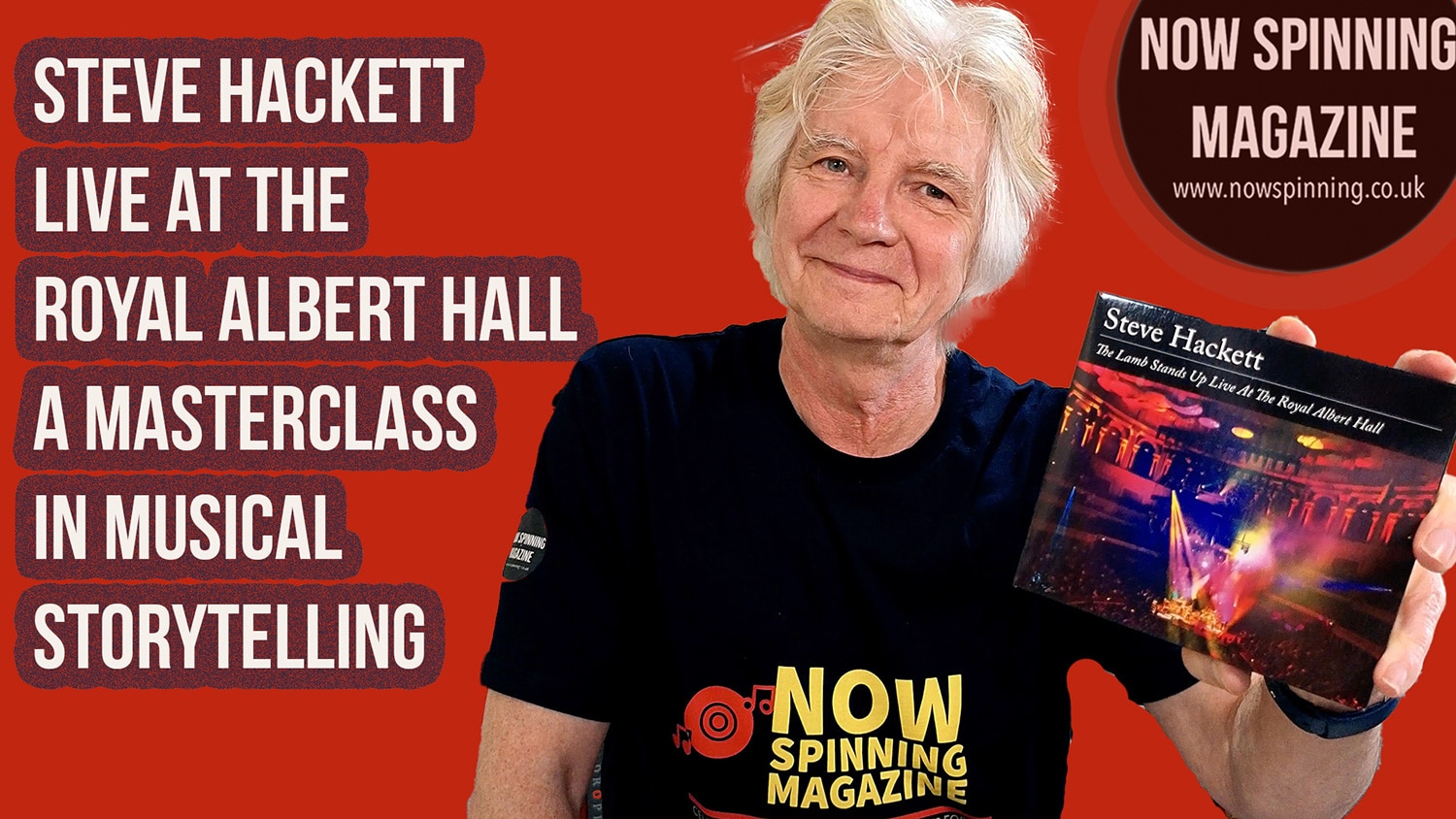
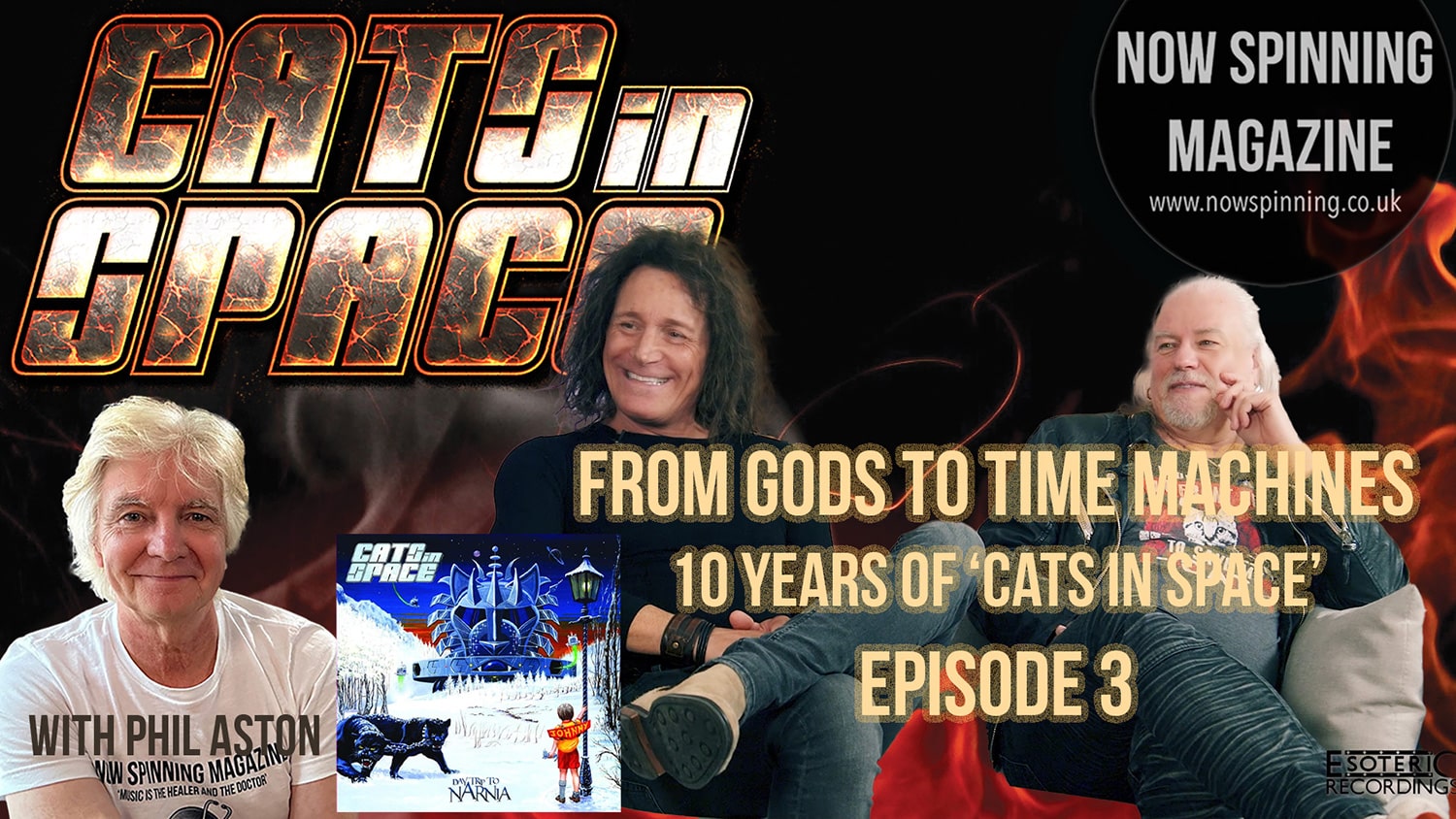
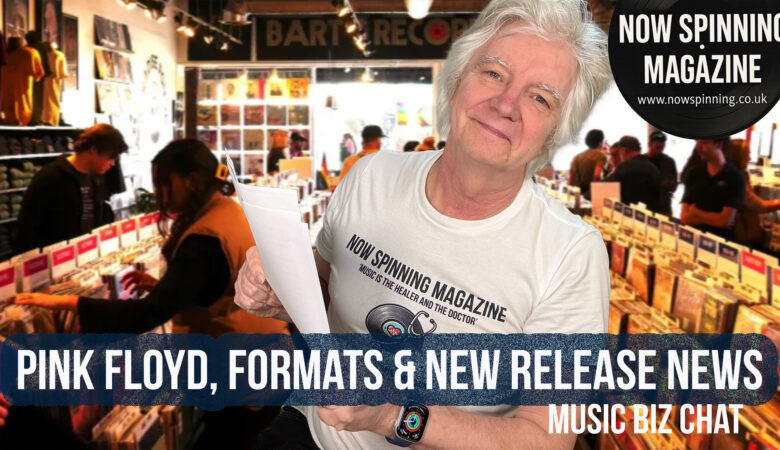
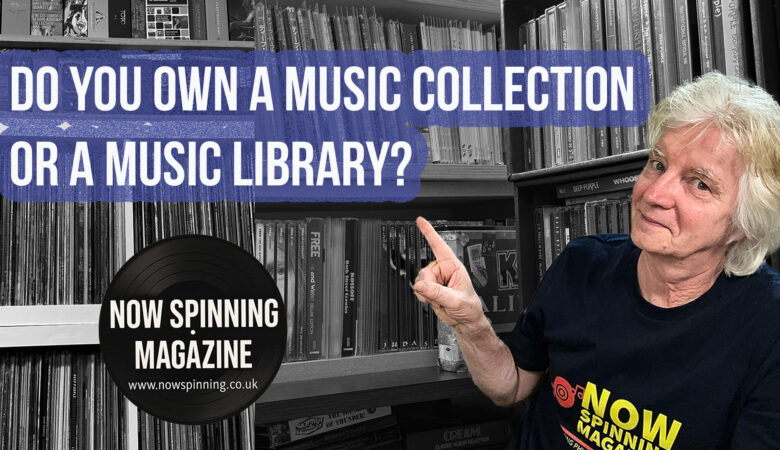

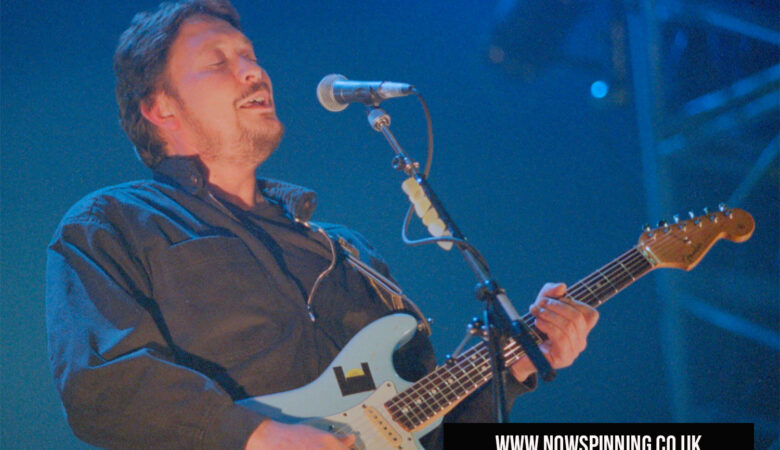



I agree for old farts like us ! I deliberately ask the younger blokes at work for new music recommendations and there’s loads of new stuff out there, it’s just so fragmented that they stand no hope of charting and gaining a wider audience. Any that miraculously do are just the tip of a huge iceberg. As for hearing classic tracks in pubs I’m such an old fart now that I purposely seek out real ale pubs that have no music, no gaming machines or TV’s and no kids !
Phil you hit the nail on the head with island records giving artists 3 albums to find themselves, young people are beginning to see through hip hop and all that stuff. My son got hooked on Pink Floyd welcome to the machine aged 10 he is now 19 and he still listens to wish you were here, and he wishes he was back there .
Records can become what they were if someone in the powers that be make it possible for an artist to make a living from their art and reduce their price on vinyl. Artists back then were given that space , steely Dan took it to the limit, but the body of work is there like Floyd Beatles stones etc.
The digital backlash is here thank God. Here’s what happened 100,000,000 files shared
21,000,000,000dollars lost
350,000,000i pods sold
50,000,000active users
300,000 songs ripped
25,000albums leaked
1500cds smuggled 150 conspirators charged 14 seismic years
1 person responsible
That’s how music got free